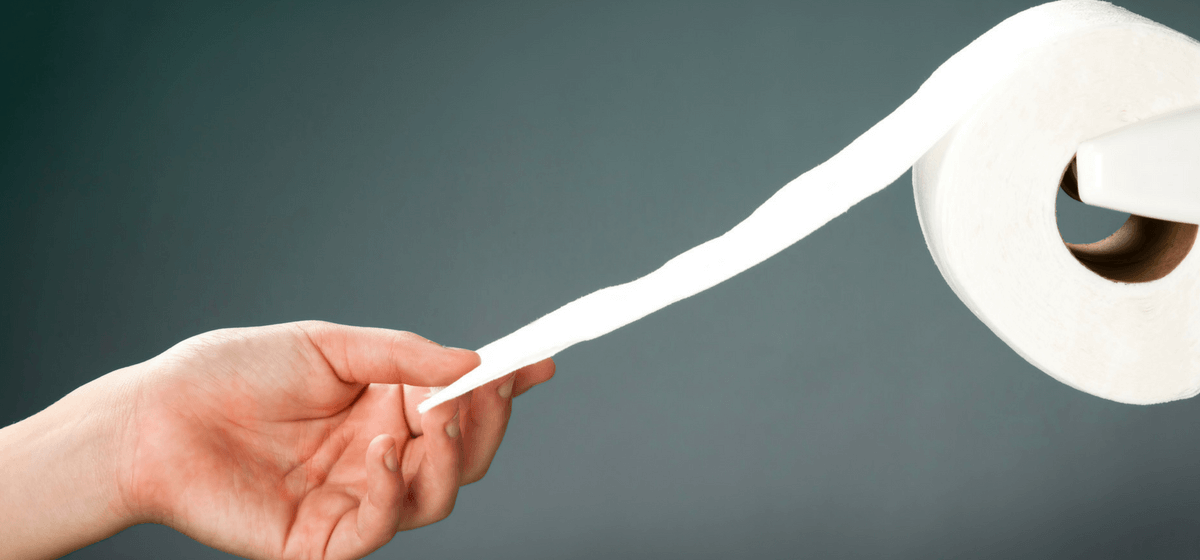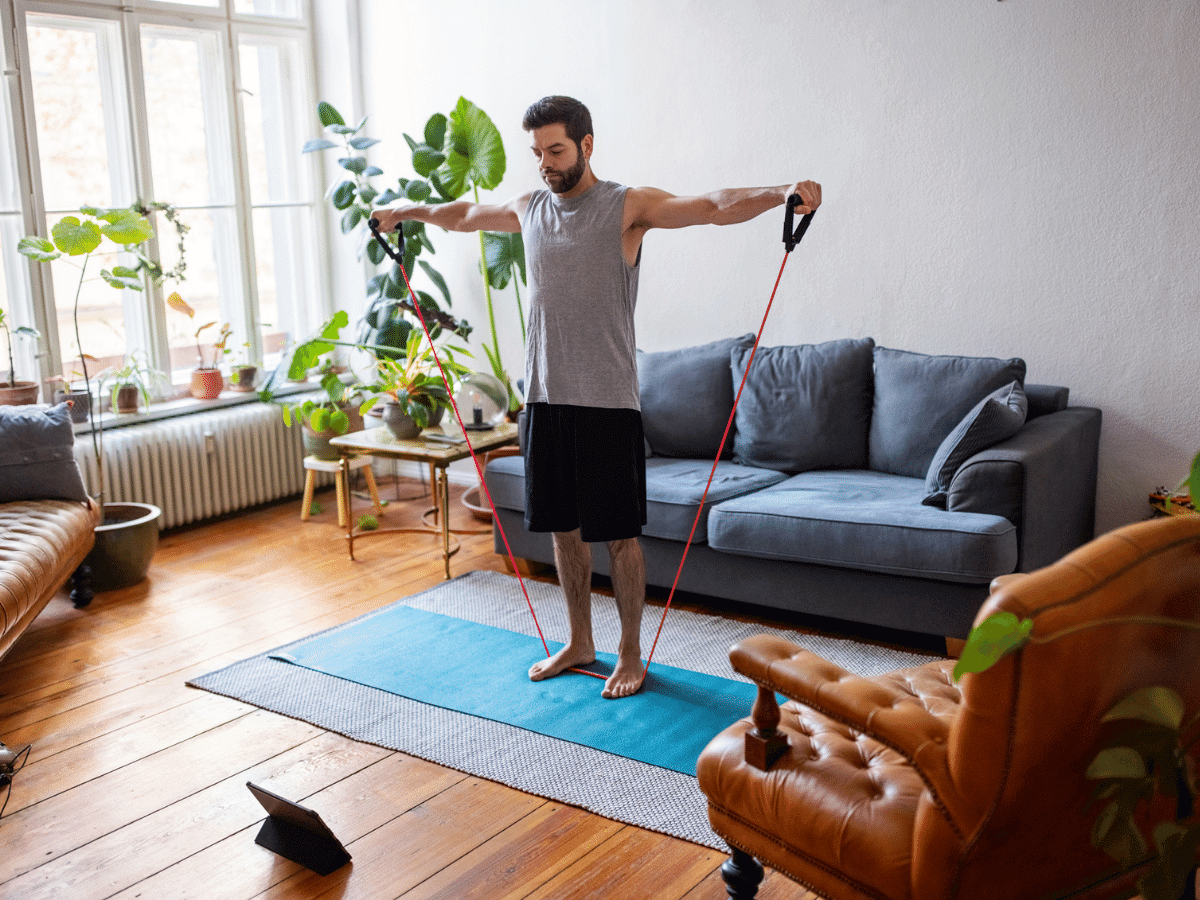What to Know About Kidney Stones

About 1 in 10 people will have a kidney stone at some point in their lives. Men are more likely to suffer this condition than women — men have a 19 percent lifetime risk and women face a 9 percent lifetime risk of developing kidney stones.
The stones are deposits of solid material that form in the kidney from substances in the urine. They can be as small as a grain of sand or as large as a pearl. Most pass without notice when you pee, but sometimes bigger stones get stuck. When that happens, you know — because it hurts. A lot.
Kidney Stones Causes
Kidney stones may be caused by drinking too little water, obesity, too much or too little exercise, or eating food with too much salt or sugar, according to the National Kidney Foundation. Having kidney stones tends to run in families.
Kidney stones form when minerals such as calcium and uric acid accumulate in the kidney or urinary tract. The build-up of these crystalline substances has a variety of possible causes, including heredity, diet, and medications. Because kidney stones are largely calcium-based, persons with a predisposition to high levels of calcium are at a higher risk.
Symptoms of Kidney Stones
Of course, the primary symptom of kidney stones is extreme pain. That pain can be located in the back, lower abdomen or groin, and with urination. Other symptoms include:
- Pain that comes in waves
- Blood in the urine
- Fever and chills
- Vomiting
- Frequent urination
- Foul-smelling or cloudy urine
- Pink, red or brown urine
- Burning sensation or pain while urinating
Kidney stones can be confirmed through blood or urine testing and imaging such as an x-ray or CT. Left untreated, they can cause infection, which can lead to sepsis, a potentially fatal condition.
Kidney Stones Prevention and Treatment
A key factor in the prevention of kidney stones is hydration. Without sufficient hydration, the urine becomes more concentrated. That environment of less fluid and more solids increases the likelihood of stones forming. Medications such as diuretics, Dilantin and Cipro, as well as an excess of vitamins A and D, can all play a role in causing the formation of kidney stones.
Ultimately, the best remedy for kidney stones is passing them. Drinking 2-3 quarts of water daily, combined with pain relievers, can help pass the stone. Depending on the severity, a doctor may prescribe a muscle relaxer or pain reliever. If the kidney stones won’t pass despite the use of pain relievers and water, surgery may be necessary.
If you feel you may have kidney stones, see your doctor. If you don’t have a healthcare provider, click here to find one near you.



